Research Project

Research Project
Making Graduates in Egypt, Libya and Palestine Ready for the Job Market
Objectives/Contributions: Many Arab countries have to deal with discrepancies between the educational output and the actual needs of their labour markets. Introducing capacity-building trainings for new graduates is an optimal approach to bridge this gap, improve their skills and increase their marketability for industry or academia, which is the aim of the project by the AGYA Working Group Arab
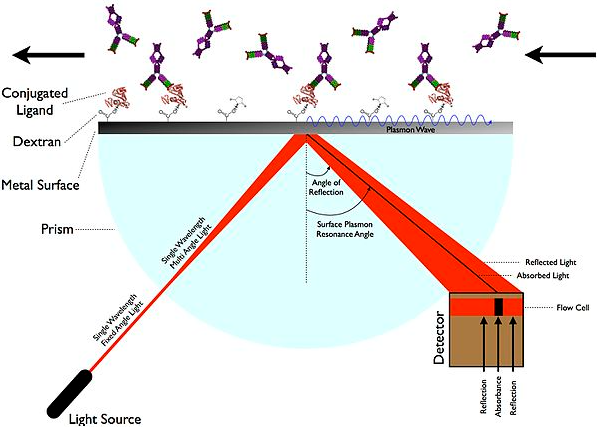
Research Project
Plasmonic Sensors for Biomedical and Infra-Red Detection Application
Objective/Contributions: The project aims at proposing a new Infra-Red sensor design by employing a plasmonic effect. Plasmonic devices have great potential for biomedical applications due to the sensitivity of the localized surface plasmon resonance to the surrounding medium. Therefore, proposed metasurface sensors are tuned for Biomedical applications as medical diagnostic tools. Enhancing

Research Project
Multi-purposes Reading IoT-based Smart Platform
Objectives/Contributions: The project aims to introduce a solution for a multi-protocol environment. The proposed device that represents the ultimate goal of the project will act as an interpreter between different communication media, representing the project’s main deliverable. Furthermore, we propose to have a smart device to estimate the channel performance and decide the optimum communication
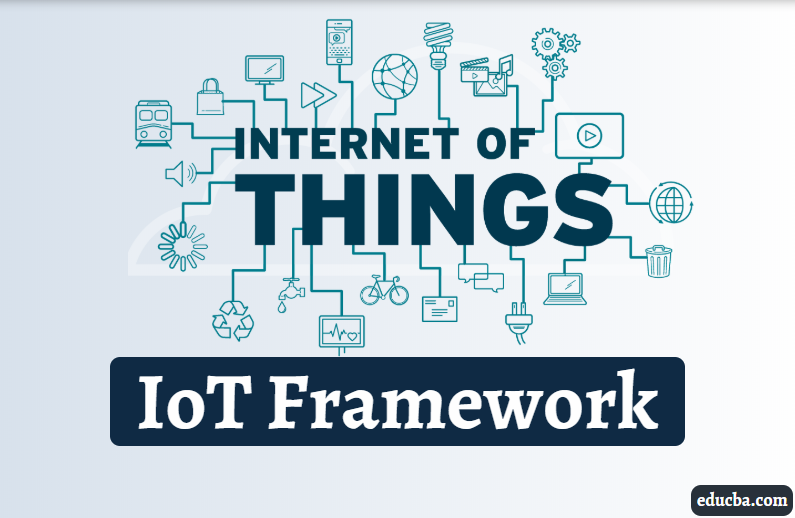
Research Project
Low-Power Artificial Intelligence Framework for Internet of Things Applications
The Internet of Things (IoT) is penetrating many facets of our daily life with the proliferation of intelligent services and applications empowered by artificial intelligence (AI). Due to the massive scalability of modern IoT networks and increased data privacy, traditional AI algorithms require centralized data collecting and processing, which may not be practical in real-world application

Research Project
Artificial Intelligence Based Cloud Computing for Autonomous Traffic Management
Automobile-related deaths rank as one of the most common causes of death in many places, particularly developing countries; Egypt loses about 12,000 lives due to road traffic crashes every year. The greatest danger to human beings is not cars but people themselves because cars are not dangerous if driven by care and more attention. Cell phone use, whether by talking on the phone or texting
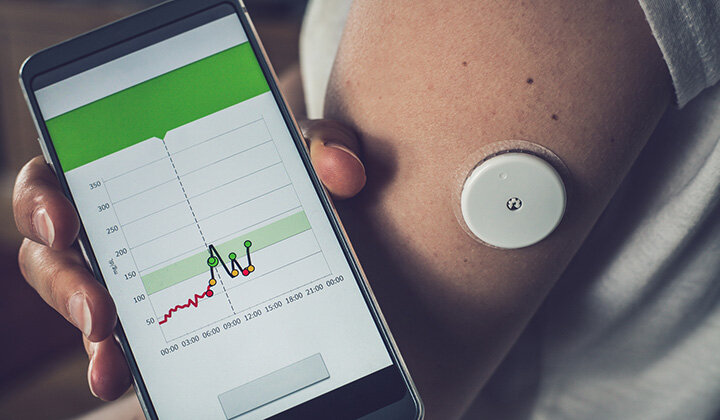
Research Project
Pre-emergency Alert IoT System-based on Wearable Devices for Diabetic Patient
According to World Health Organization (WHO), there are more than 400 million diabetic adults worldwide. In Egypt, only there are about 8 million diabetic people, and the diabetes prevalence rate is estimated to be 13.3% by 2025, according to WHO. In most cases, the diabetic person requires regular visits to the hospital for health checks. However, due to the COVID pandemic, it has become risky
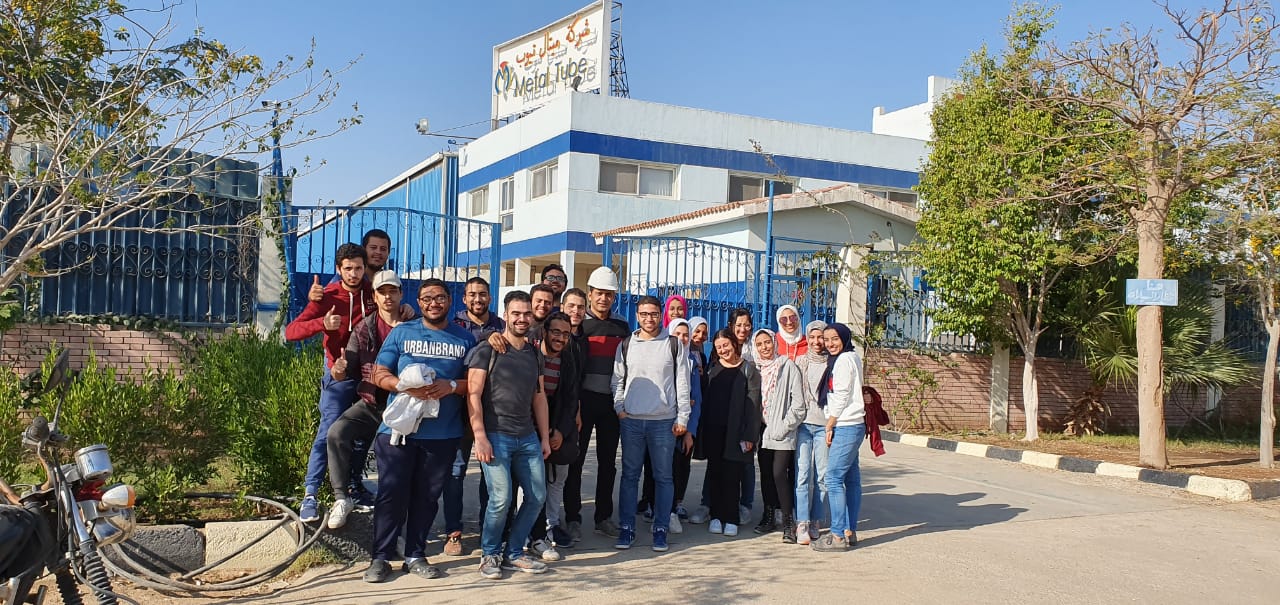
Research Project
UK/Egypt Trans-national Education Partnerships Grants
Objective/Contributions: All three partners are strongly interested in the development of TNE in the field of Environmental Management and Sustainability. This is an area of significant global concern and one where mutual collaboration can lead to opportunities for new curricula in the future. However, formal TNE in the short term faces many institutional challenges; therefore our approach is to

Research Project
Unblocking the Equality Pipeline in Mechanical Engineering
This partnership between a globally connected university in Scotland (North Britain), and a new, rapidly-growing and well-respected university in Egypt (North Africa) will focus entirely on empowering women in the area of mechanical engineering. Objective/Contributions: We wish to establish a paradigm for tackling the barriers to gender equality in the “difficult” area of mechanical engineering
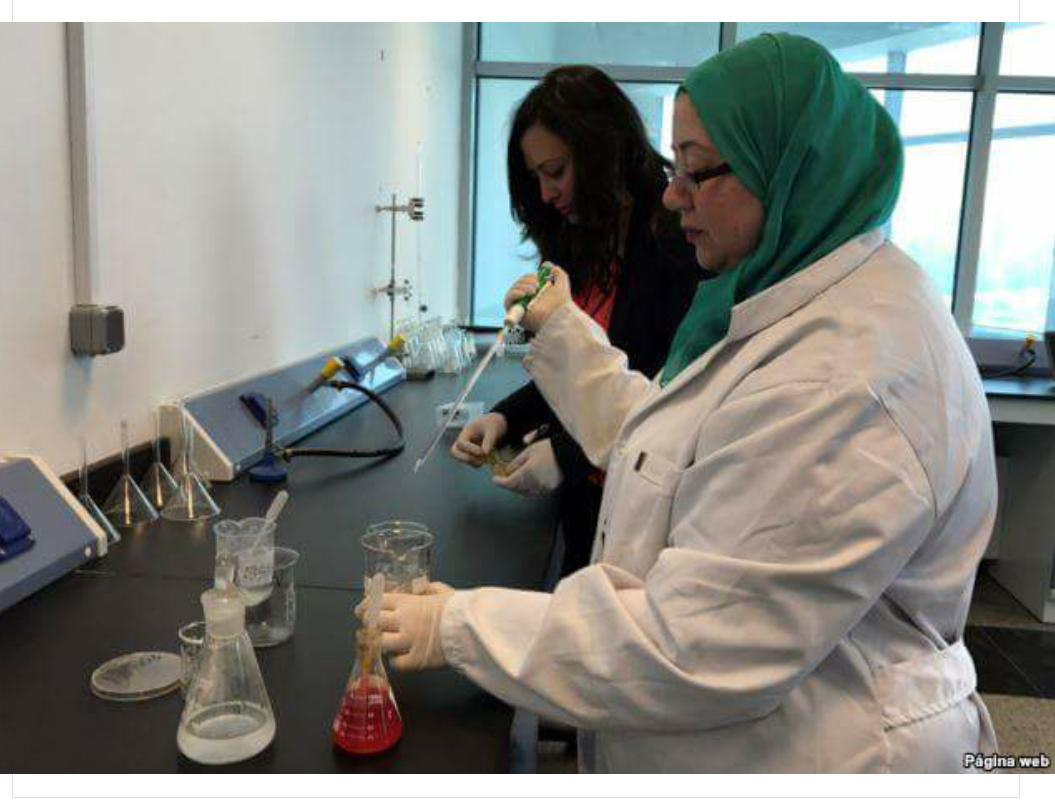
Research Project
Turning Shrimp Shells into Eco-friendly Plastic
Egypt produces 20 million tons of solid waste annually, some of which is recycled or buried in landfills, much of which is piled up on roads, in water drains, or may even lie at the bottom of the sea. This is in short the garbage and plastic waste disaster that requires years to decompose under the sun. The results are usually smaller pieces of microplastic particles eaten by fish and marine
